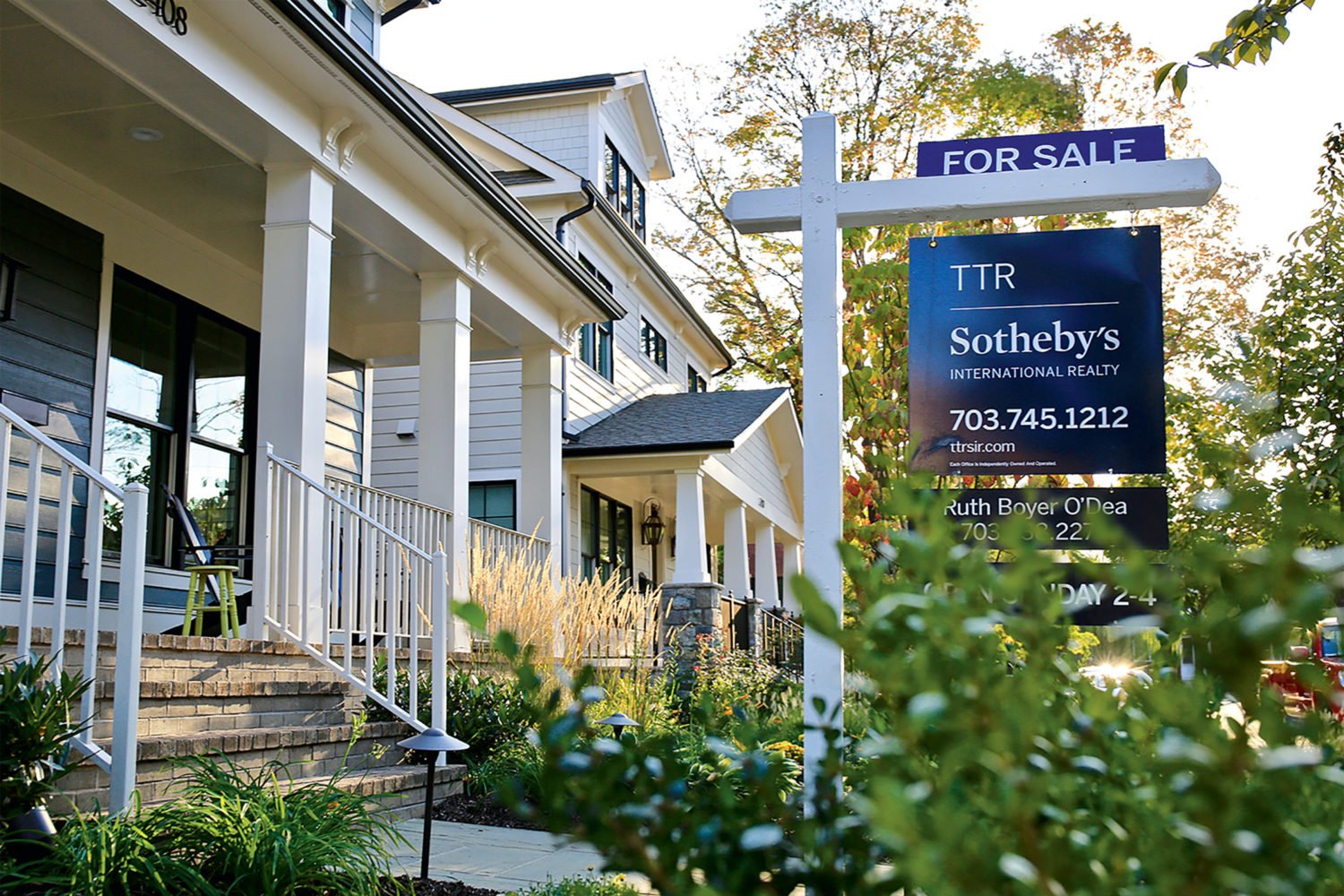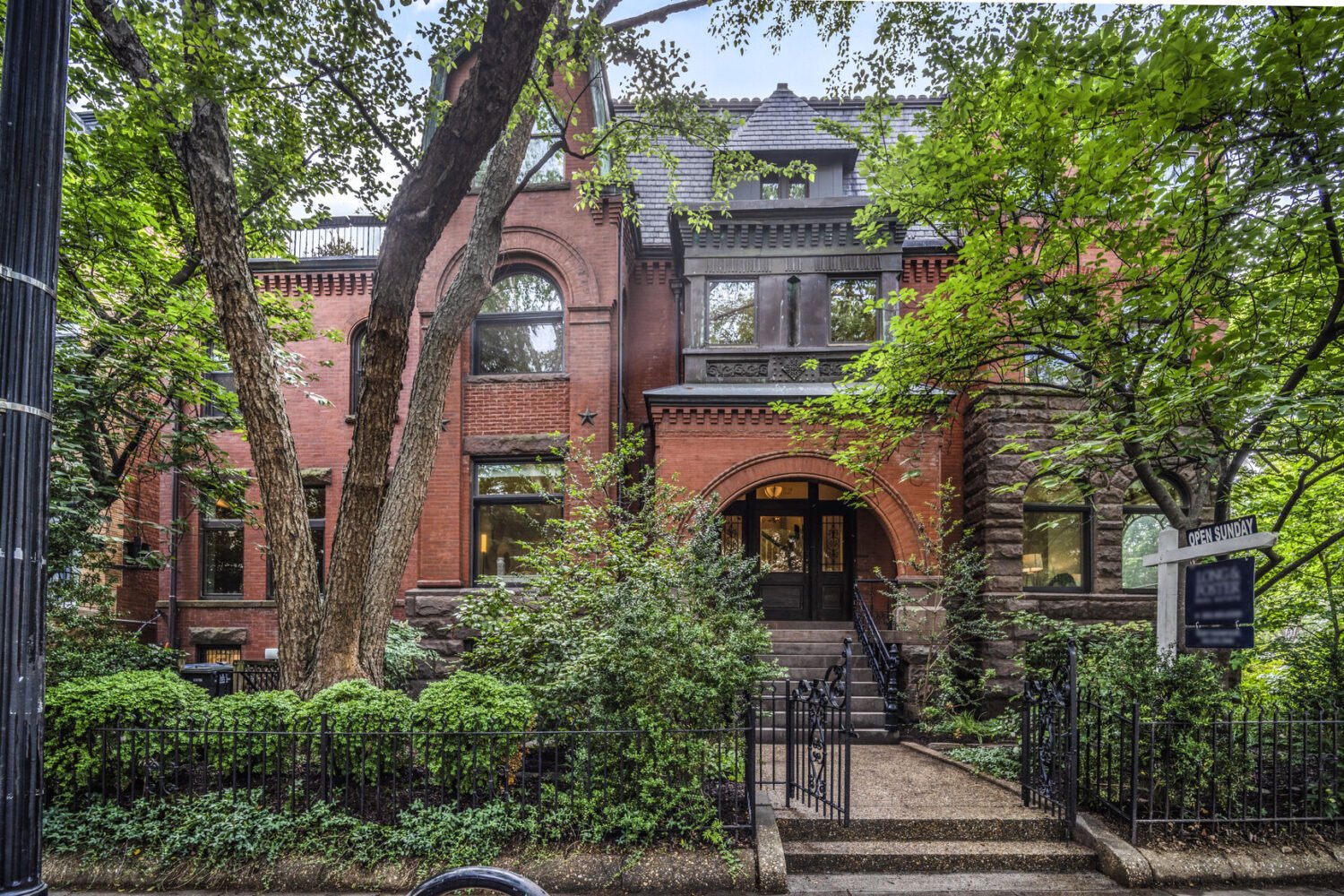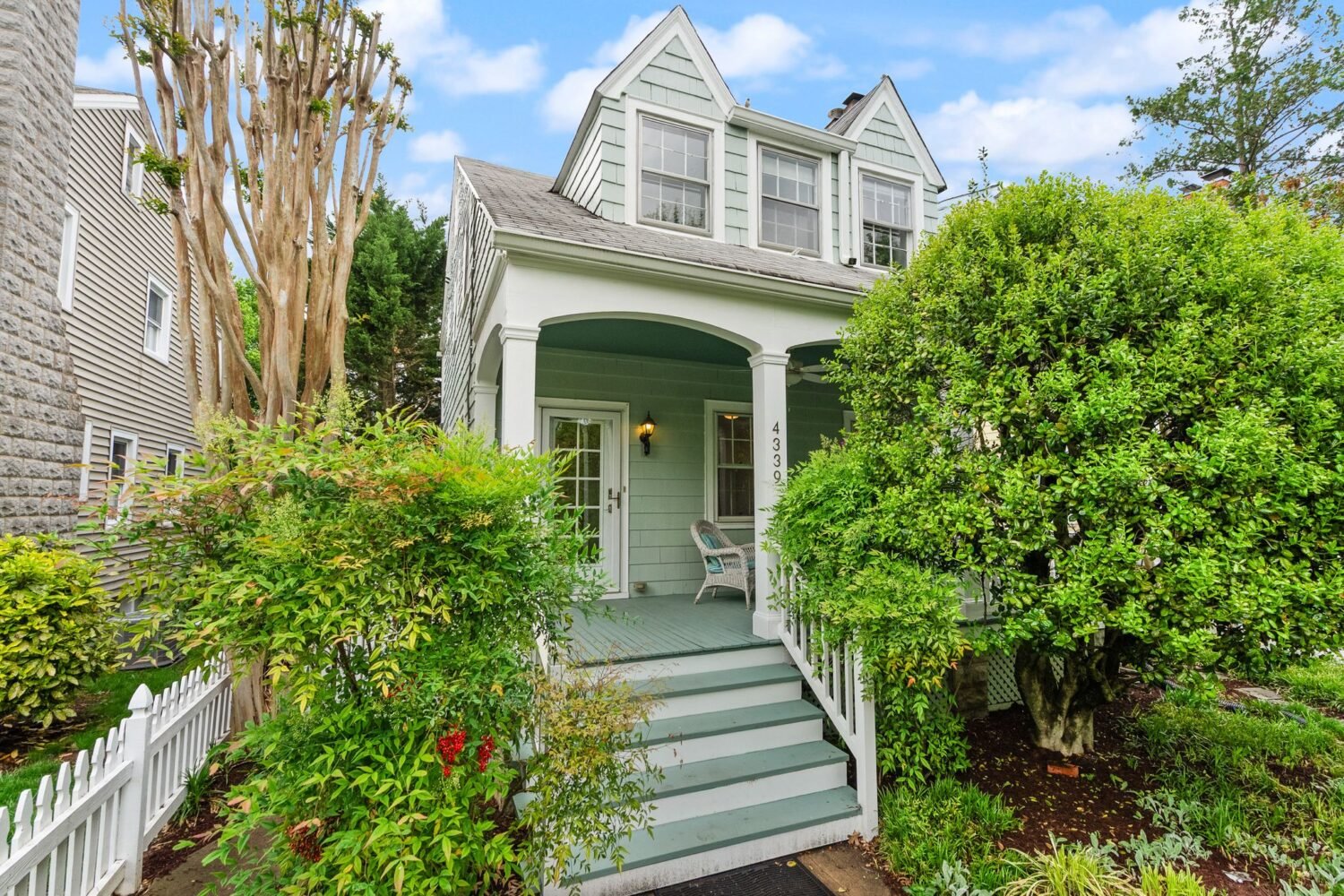With the economy zipping along for many, it would seem that young adults would be ready to plunk down cash on first homes. But they’re not buying the way previous generations did. The national homeownership rate for millennials—those born between 1981 and 1997—was 37 percent in 2015. That’s about 8 percentage points lower than the rate for the two prior generations, Gen-Xers and boomers, when they also were ages 25 to 34.
One reason? The recession of a decade ago, and the housing crisis that precipitated it, may have dimmed their view of owning. “Millennials, whose formative years occurred during the Great Recession,” a recent Urban Institute report noted, “become homeowners when it meets their needs but are not sold on the idea that sacrificing today to save for a down payment is the best strategy.”
Are there other reasons behind millennials’ reluctance to buy houses? We spoke with Laurie Goodman, vice president and codirector of the Housing Finance Policy Center at the Urban Institute, who was part of the team that studied the trend. (The interview has been edited for clarity.)
What are the major factors as to why millennials aren’t buying homes at the rate of previous generations?
Lots of things are contributing to that. The fact that this generation is much more [racially and ethnically] diverse than any generation that came before it. And home ownership rates for minorities are much less [than among whites].
Student-loan debt is definitely a factor. The fact that the millennial generation is marrying later is huge. Marriage and homeownership tend to be very closely correlated. Age of first marriage has continually gone up.
I think the two biggest factors are delayed marriage and greater racial diversity.
Let’s talk first about marriage.
When you account for other factors, being married increases the probability of owning a home by 18 percentage points. If the marriage rate in 2015 was the same as in 1990, the millennial homeownership rate would have been about 5 percentage points higher.
If you’re not married, you like the idea of being more mobile. You don’t want to commit to an area. You don’t want the transaction cost of buying a home. It’s a reluctance to put down roots until after you’re married and a little more settled.
How does race influence home buying?
What you find is that among minorities, the homeownership rate is much, much, much lower. It’s lower income, it’s lower family wealth.
According to a 2016 survey from the Federal Reserve, the median wealth of a white family is $171,000. The median wealth of a black family is $17,600, and a Hispanic family is $20,700.
My kids [Goodman is white] were able to buy a home at an earlier age than perhaps they would have because I contributed heavily to the down payment and then made them a loan.
As the US population becomes increasingly non-white, it drags down the rate of homeownership. That’s been slowly happening, and every generation is much more diverse than the last.
Forty-two million Americans owe a combined $1.4 trillion in student loans, an average debt per person of $33,000. Is there a danger that student-loan debt could permanently depress homeownership? Last year, the Federal Reserve correlated a rise in in-state tuition to a decrease in homeownership because of loan costs.
It’s very hard to get at that data. The reason is that if you observe someone with student-loan debt having a delayed marriage, buying a home later, doing a lot of things later than someone who doesn’t have loan debt, what is the counterfactual? Would they have not gotten a job if they didn’t take out these loans? It’s actually a much more difficult question than you might think.
Yes, those with loan debt are less likely to own a home. [According to the Urban Institute’s report, “a 1-percent increase in education debt decreases the likelihood of owning a home by 0.15 percentage points.”] But student-loan debt allows them to earn a higher income, and the net effect is very, very hard to tease out.
Many reports point to trouble with student-loan defaults. A recent Brookings study said default rates among black college students have reached crisis levels.
It’s a very real issue, but the rate of people who have a college education is a lot higher than it used to be. The place where there’s a huge loan default is among those who have student-loan debt and didn’t graduate, because there you have this debt like a rope around their necks and they don’t have a higher income to offset it. A lot of people take on loan debt and do not finish college.
So I’m less worried about that doctor who has $200,000 in student-loan debt but who’s going to make a great living than I am about a community-college dropout who has $40,000 of debt. Or any college dropout who has $40,000 in loan debt. Because they don’t have the income to support it.
Your report notes that more educated people are moving to cities that require higher skills and more amenities. Are higher rents in cities another factor?
In cities that are highly desirable, home prices are also a lot higher. It’s harder to save, and it’s also more expensive to buy. The result is lower homeownership in general and a much lower rate among young people.
DC has relatively high incomes and relatively high home prices.
DC is the fourth-highest [in terms of house affordability]. Hawaii, California, and Colorado are higher.
Is any organization or government trying to counter this trend? Are there special programs or incentives for first-time homebuyers?
Access to credit is harder than it was for Gen-X, although it’s better than it was in 2013. There are down-payment assistance programs to help first home buyers. A total of 19 programs in DC can help with down payments. [You can find local down-payment assistance programs at downpaymentresource.com.]
This article appears in our December 2018 issue.
















